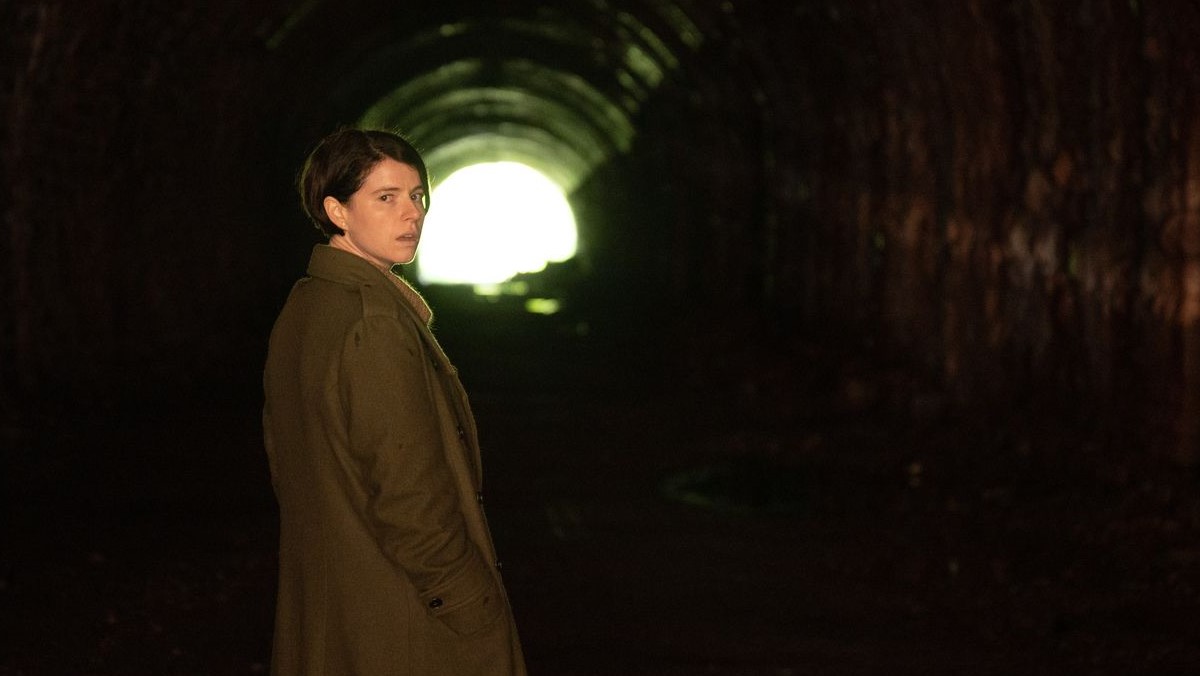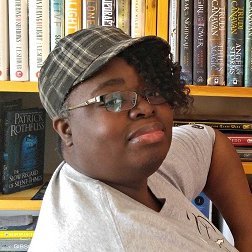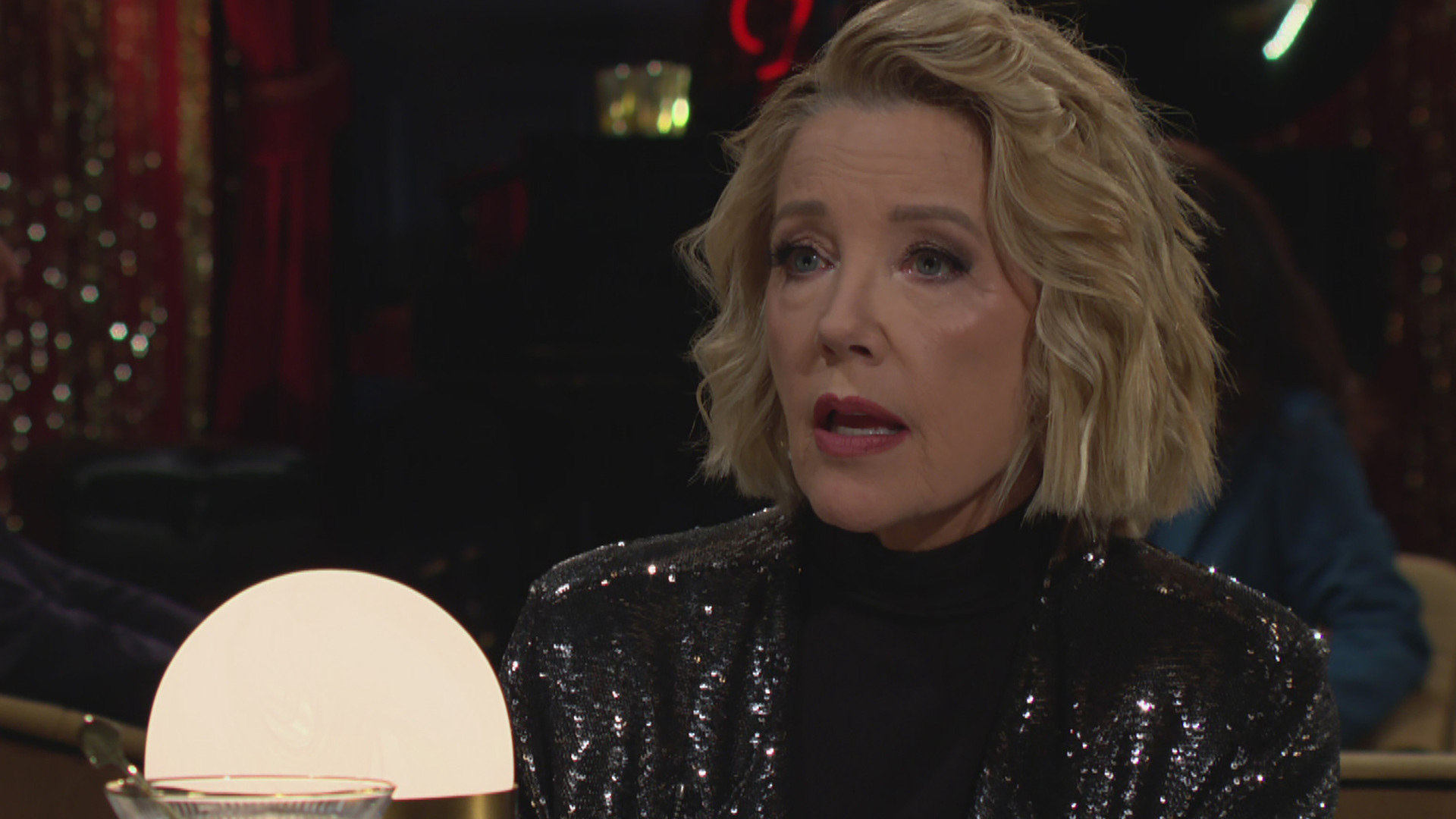What to Watch Verdict
Men is a slick folk horror that, despite its clear message and visual richness, ultimately lacks faith in itself.
Pros
- +
Rory Kinnear and Jesse Buckley deliver riveting performances
- +
Visually stunning and morbidly disturbing
Cons
- -
Folklore elements are rushed and poorly integrated
- -
After the sinister and opaque build-up, the heavy-handed turn is a real let-down
There's a defined style to folk horror storytelling. It requires a) commitment to the folklore it invokes b) a deep understanding of how isolation and nature can instill fear and c) a fearless leap headfirst into the macabre along with the will to stay the course. Great folk horror explores a central theme wrapped in the metaphysical that often leans into dark lore with cultish fervor and an unsettling slyness.
Writer/director Alex Garland’s (Annihilation, Ex Machina) latest, Men, is a delicate balance of show and tell that examines the twisted heart of darkness lurking beneath the seemingly pastoral peacefulness of rural landscapes. It's an ambitious foray that lures you in with skillful insidiousness only to so undersell its premise it exposes an utter lack of faith in its own twisted vibe.
Men's first act sets the stage so well it feels weird to say this about a filmmaker whose grasp of allegorical storytelling in the realm of science fiction has been flawed yet masterful. As a writer, Garland saw the cliff he needed to jump off to stick Men's landing, but then second-guessed himself and backed far away from the edge.
Following a tragic loss, Harper (Jessie Buckley) books a cottage in the English countryside to rest and recover. Garland makes the most of the rural setting with sweeping overhead shots of lush green land, driving home the point that Harper is many hours and many miles away from any major metropolitan area. Geoffrey (Rory Kinnear), the owner of Harper’s rental cottage, is awkward, with off-kilter humor. A bit of byplay between the two hints at the stakes ahead and slides a touch of symbolism in to the mix.
All seems to go well until Harper admits she’s spending her stay alone, with no husband. A subtle unease accompanies her pronouncement and continues to grow for the remainder of the film.
At its core, Garland intends for Men to explore manifestations of misogyny, masculinity and the societal consequences of its frequent toxicity. He presents its cycles of aggression and neediness as a burden that’s often dumped on women as if its a blessing. It’s a storyline that smartly relies on Kinnear and Buckley’s ability to convey a myriad of emotions convincingly with little more than a tilt of the head, an overly familiar touch or a primal scream.
Men makes excellent use of Harper’s physical and emotional isolation to play its mind games. An exploratory trek through the forest takes a dangerous turn that sends a frightened Harper rushing back towards home. She emerges safely from the woods but relief is short-lived. She spots a naked man following her out of the woods. A visit to a chapel takes a turn for the sinister after she encounters a teen demanding she play with him and a priest who twists her pain into blame. She continues to run into men who all seem to want something from her. Each encounter, more unsettling and off-putting than the last. All men downplaying her concerns and dismissing her mental well-being.
It's almost too easy to fall into the web Garland's weaving. He's building a subtle, immersive, effortlessly engaging narrative, even as it makes its slow turn towards the cruel and creepy. Aided by Kinnear's versatility and Buckley's brittle vulnerability, you believe Harper's presence awakens something in this quiet village. Something dark, hungry and fixed firmly on her. Garland's direction, transitions, flashbacks and scene selections are impeccable.
But Men's narrative flow has a flaw that clumsily interferes with Kinnear and Buckley's outstanding performances. Garland frequently abandons the underlying subtext in order to let the story to unfold seamlessly, even when it's supposed to smack you in the face. This weakness undermines both the primary story, Harper's stay in the countryside and the secondary narrative — the grimness lying just beneath the surface. So, just when Harper's pushed into confronting her pain and is clearly in the crosshairs of something wicked slithering her way, Garland flinches.
There are hints of an intangible terribleness underpinning the freakish behavior of all the men in this village. But, when the plot should be leaning in and embracing this cultish devotion to something in order to fully bury the audience in its metaphysical storyline, Garland abandons all worldbuilding. There's suddenly no "tell" to go with the consistently enticing "show." It becomes swiftly (and sadly) apparent Garland hasn’t the foggiest clue how to unravel his story to fold the macabre into his allegory.
Men's final act turns into a series of inexplicably rushed sequences — with some seriously exquisite body horror thrown in — instead of a slow and steady walk into the terrifying underbelly. In its place is a rather heavy-handed "explainer" that practically obliterates all the goodwill built up by the graceful way the narrative blended in metaphors early on. Kinnear and Buckley hold the final act together by sheer force of character. That Men stays interesting through to the end is proof positive that spot on casting should never be underrated.
From the movie's opening through the second act's midway point, it's clear Garland has a firm grasp of the folk elements he needs to employ. Between its Eden-esque cinematography and vivid soundscape, Men successfully twists the genre’s tropes into two parts fever dream and one part haunting. So it's ironic that in the end, Garland shoves aside Men's deeply compelling — but nuanced — storytelling mechanics to batter home its points with the most unnecessary and disappointingly literal conclusion. I'd have stayed for the story built entirely on vibes.
Men is now playing in US theaters. It debuts in the UK, June 1.
Ro is a Rotten Tomatoes approved film/tv critic, writer and host on several of the MTR Network's podcasts. She's a member of the San Diego Film Critics Society and the Online Association of Female Film Critics. She's a former culture columnist for San Diego CityBeat (may it rest in peace) with a serious addiction to genre fiction, horror and documentaries. You can find her sharing movie and book recs and random thoughts, on her podcast I Talk Sh!t and Read or in her newsletter, Shelf Envy.












